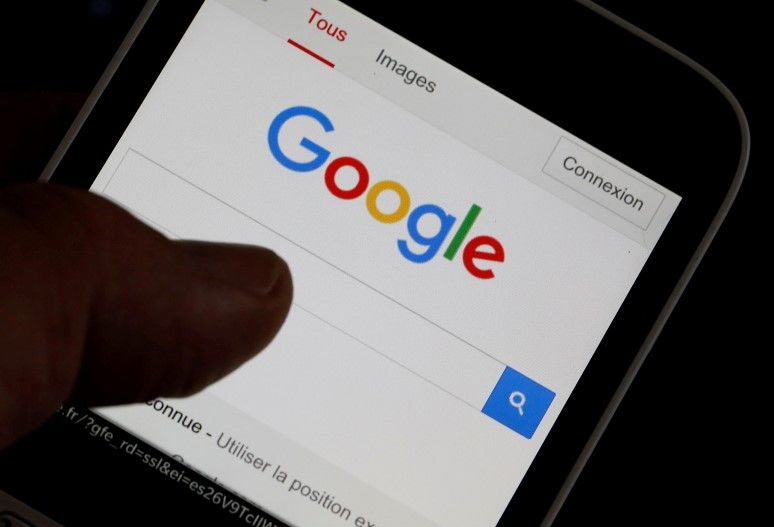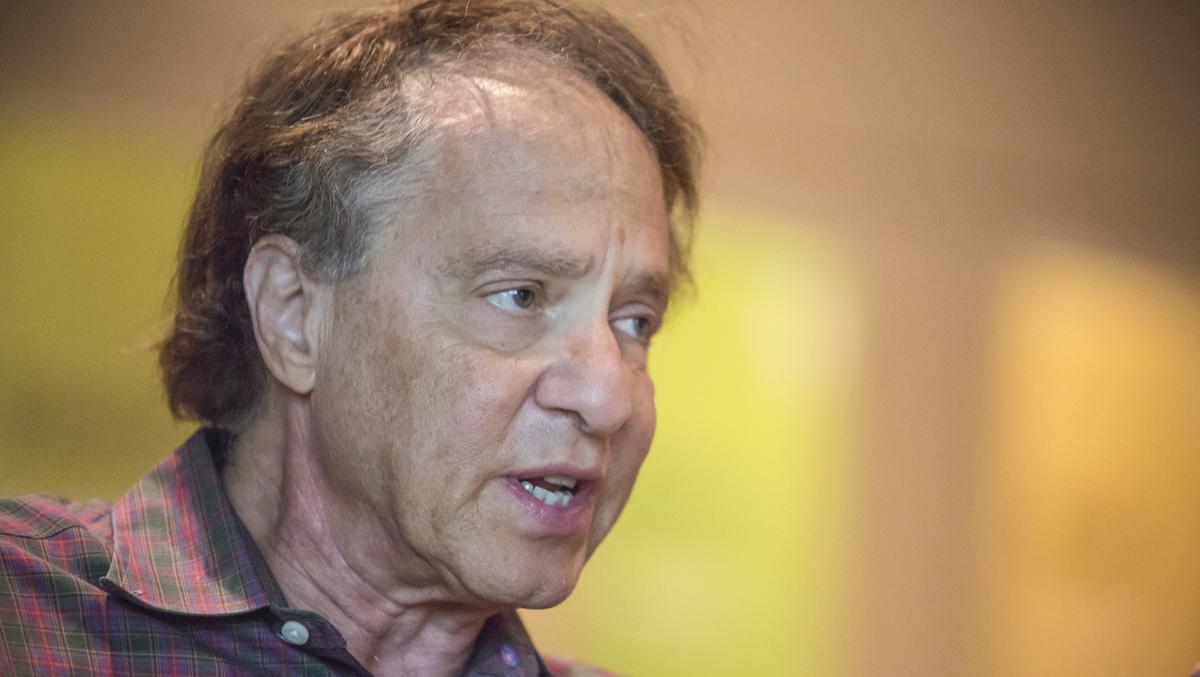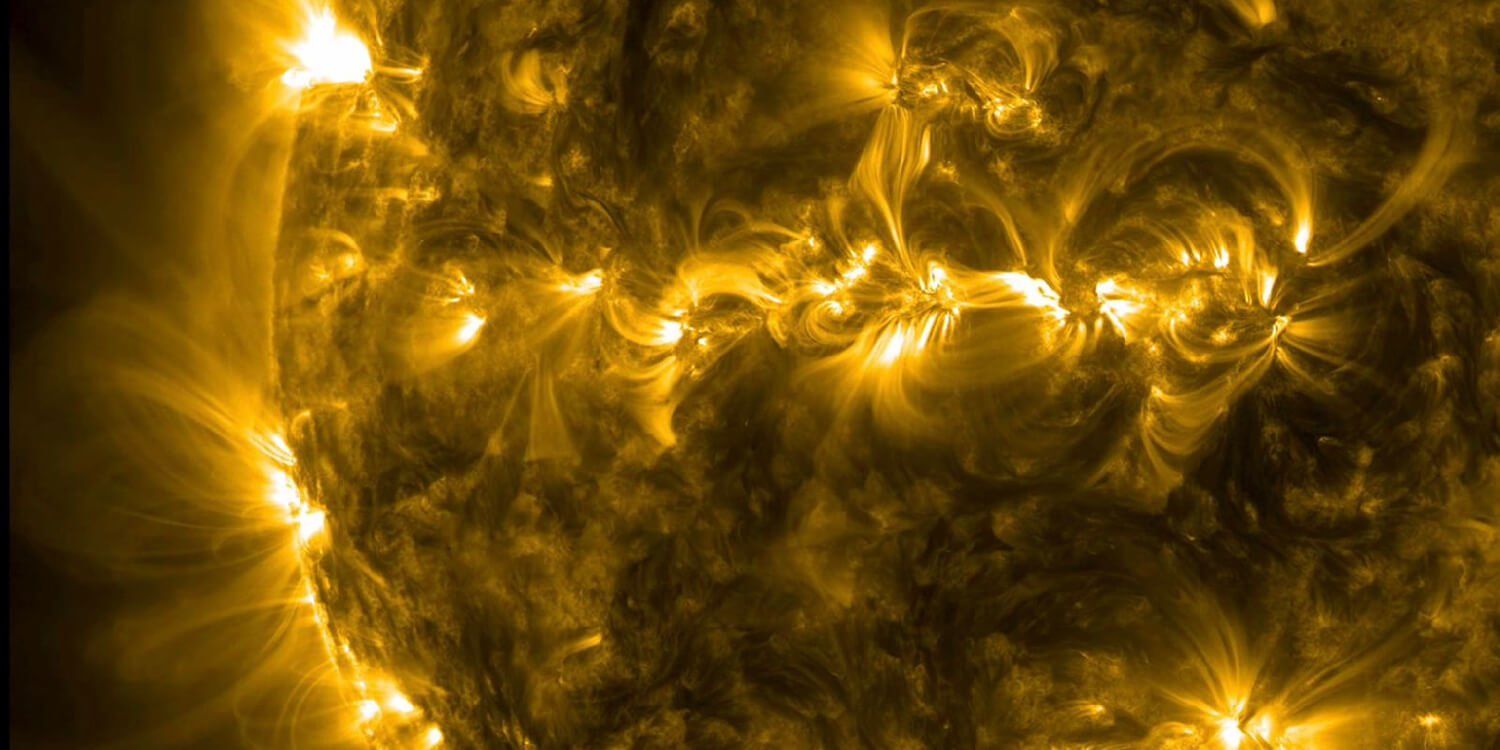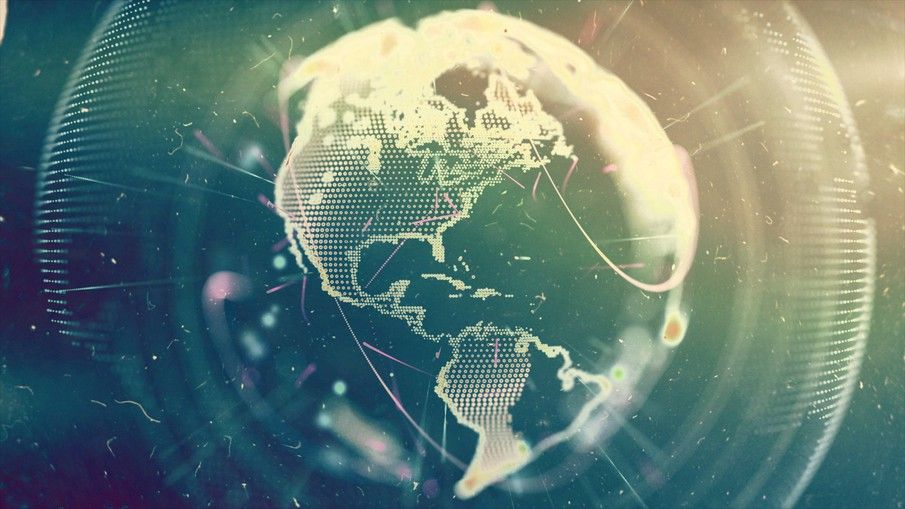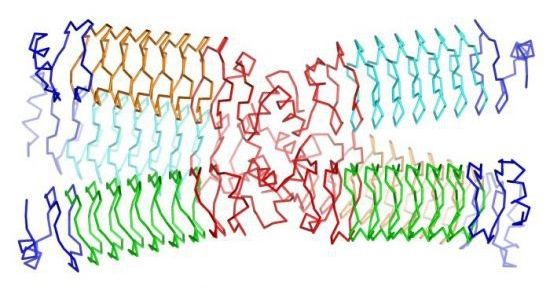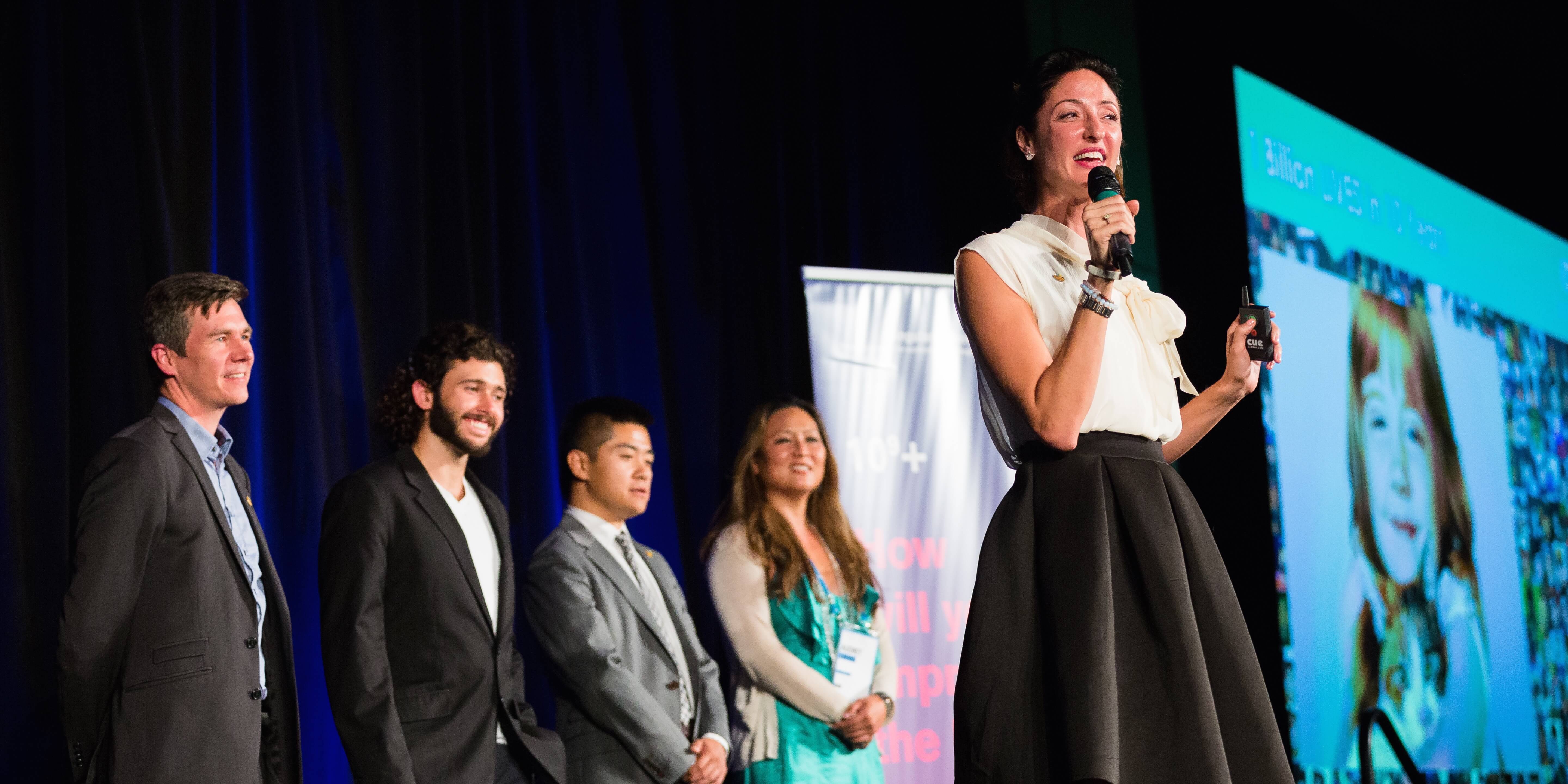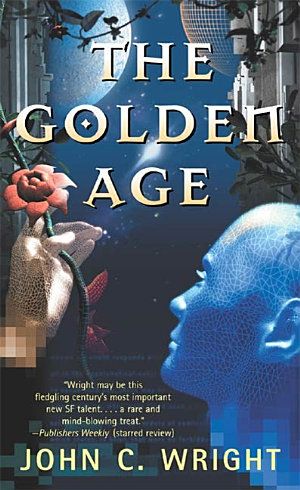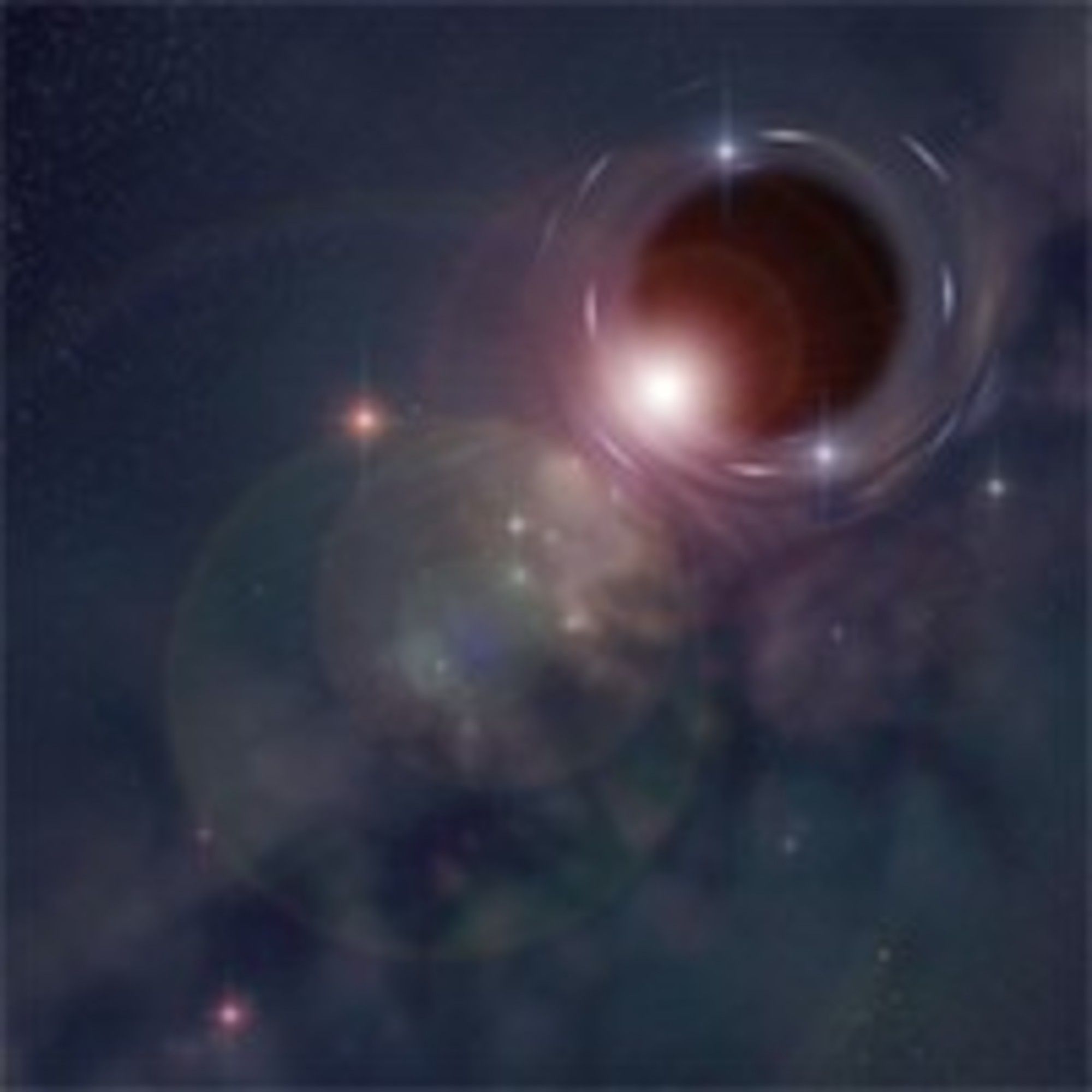A computer’s victory over a human go master this past March reminds us of the pending “singularity” — the rapidly approaching moment in time when artificial intelligence overtakes human intelligence. Machines will learn, and we won’t be their teachers. Are we prepared for it? Can we prepare for it?
We’d better. Many futurists declare it inevitable, probably within a generation, maybe less. Shukan Shincho magazine discusses some hypothetical implications in its Aug. 25 edition. Even the least of them are shocking. For example, in 2045 a computer with the combined intellectual power of the entire human race would cost $100. In short, it’ll be no big deal. What will be a big deal? Should we shudder at the thought, or rejoice?
Francis Bacon (1561−1626) is generally acknowledged as the grandfather of modern science. “Nature, to be commanded, must be obeyed,” he wrote. His fictional “New Atlantis” was a utopia ruled by scientists who, having admitted their ignorance and purged themselves of illusory knowledge, experimented, observed and slowly built up from scratch an ever-expanding store of “true” knowledge — armed with which they “commanded” nature to outgrow her destructive caprices and ease mankind’s lot.
